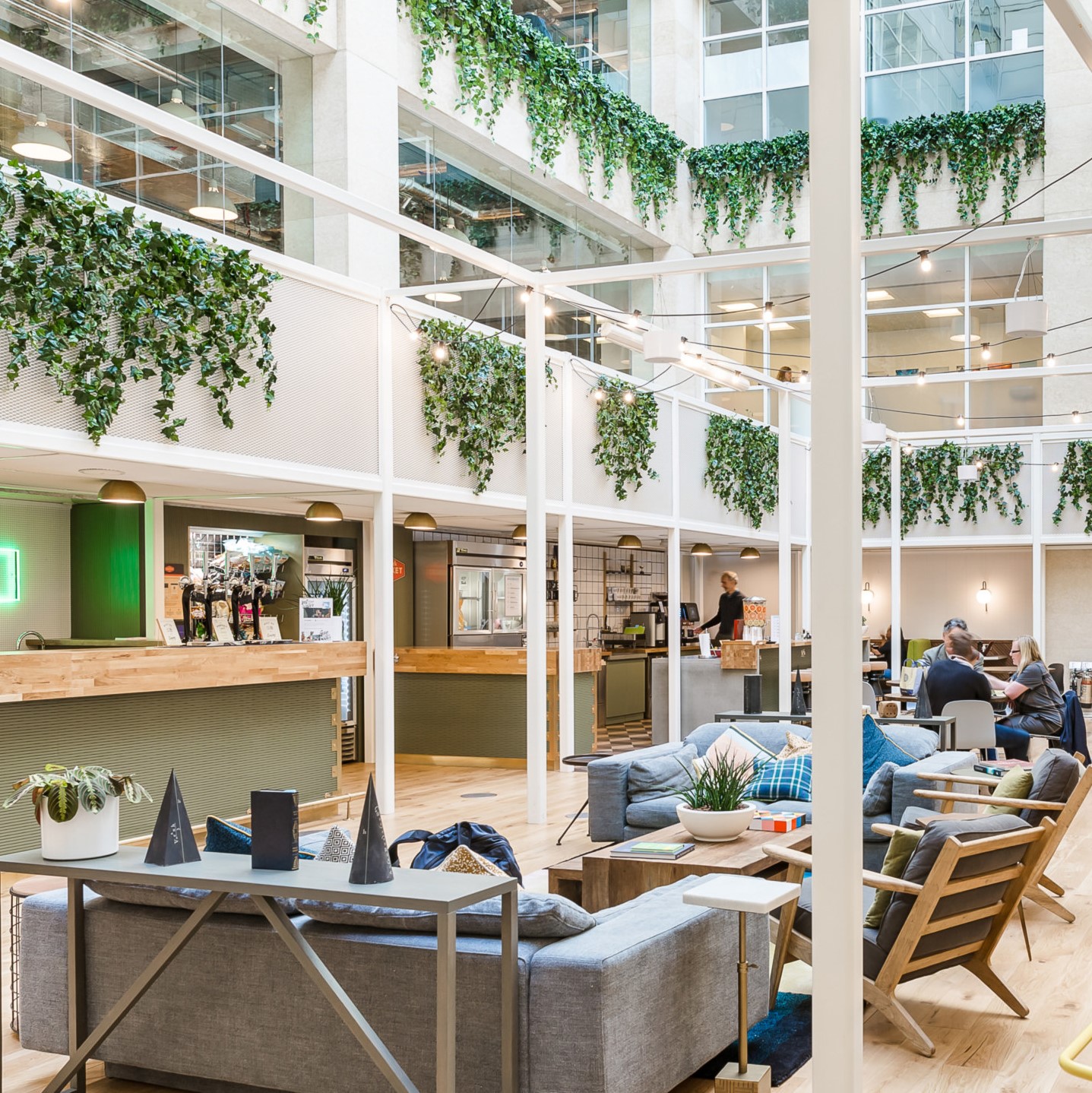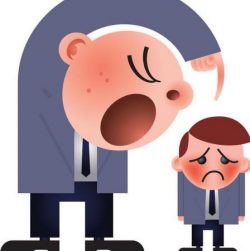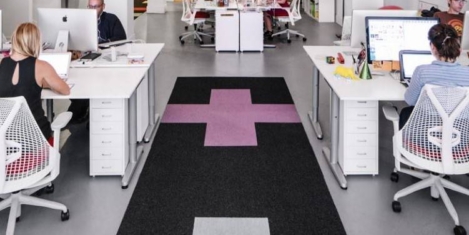To provide the best experiences, we use technologies like cookies to store and/or access device information. Consenting to these technologies will allow us to process data such as browsing behaviour or unique IDs on this site. Not consenting or withdrawing consent, may adversely affect certain features and functions.
The technical storage or access is strictly necessary for the legitimate purpose of enabling the use of a specific service explicitly requested by the subscriber or user, or for the sole purpose of carrying out the transmission of a communication over an electronic communications network.
The technical storage or access is necessary for the legitimate purpose of storing preferences that are not requested by the subscriber or user.
The technical storage or access that is used exclusively for statistical purposes.
The technical storage or access that is used exclusively for anonymous statistical purposes. Without a subpoena, voluntary compliance on the part of your Internet Service Provider, or additional records from a third party, information stored or retrieved for this purpose alone cannot usually be used to identify you.
The technical storage or access is required to create user profiles to send advertising, or to track the user on a website or across several websites for similar marketing purposes.
 British businesses could be hindering their own innovation and creativity due to poor office design, according to a study carried out by YouGov and commissioned by Oktra. The survey of over 2,000 British employees claims that fewer than half (43 percent) believe the design of their workplace encourages innovation and creativity. Over a third (36 percent) of respondents would be less likely to take sick days if they worked in an inspiring workplace. (more…)
British businesses could be hindering their own innovation and creativity due to poor office design, according to a study carried out by YouGov and commissioned by Oktra. The survey of over 2,000 British employees claims that fewer than half (43 percent) believe the design of their workplace encourages innovation and creativity. Over a third (36 percent) of respondents would be less likely to take sick days if they worked in an inspiring workplace. (more…)
















 A new report from
A new report from 
 Some people with mental health conditions could be waiting for over a year for employers to put in place much needed workplace adjustments, new findings published today suggest. The findings come from The Great Big Workplace Adjustments Survey 2019, a comprehensive study of disability and long-term conditions conducted by
Some people with mental health conditions could be waiting for over a year for employers to put in place much needed workplace adjustments, new findings published today suggest. The findings come from The Great Big Workplace Adjustments Survey 2019, a comprehensive study of disability and long-term conditions conducted by 
 Two thirds of workers (66 percent) have felt stressed or anxious about work over the past year claims a new report from Acas. As part of Mental Health Awareness Week (13-19 May) Acas commissioned YouGov to ask employees in Great Britain about their experiences of stress and anxiety in the workplace. The most common reasons given for the way they felt included workloads (60 percent), the way that they were managed (42 percent) and balancing home and work lives (35 percent). As a result of the research Acas has produced a framework to help employers boost positive mental health at work.
Two thirds of workers (66 percent) have felt stressed or anxious about work over the past year claims a new report from Acas. As part of Mental Health Awareness Week (13-19 May) Acas commissioned YouGov to ask employees in Great Britain about their experiences of stress and anxiety in the workplace. The most common reasons given for the way they felt included workloads (60 percent), the way that they were managed (42 percent) and balancing home and work lives (35 percent). As a result of the research Acas has produced a framework to help employers boost positive mental health at work.












May 10, 2019
A balanced approach to stress has its benefits
by Brendan Street • Comment, Wellbeing